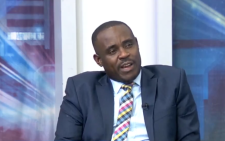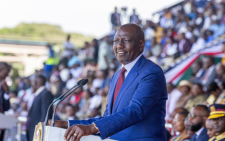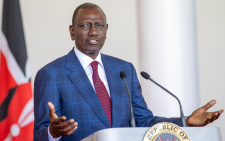‘Supreme Court and High Court eroding independence of Judiciary’ – Donald Kipkorir says over Finance Act and Housing Levy rulings
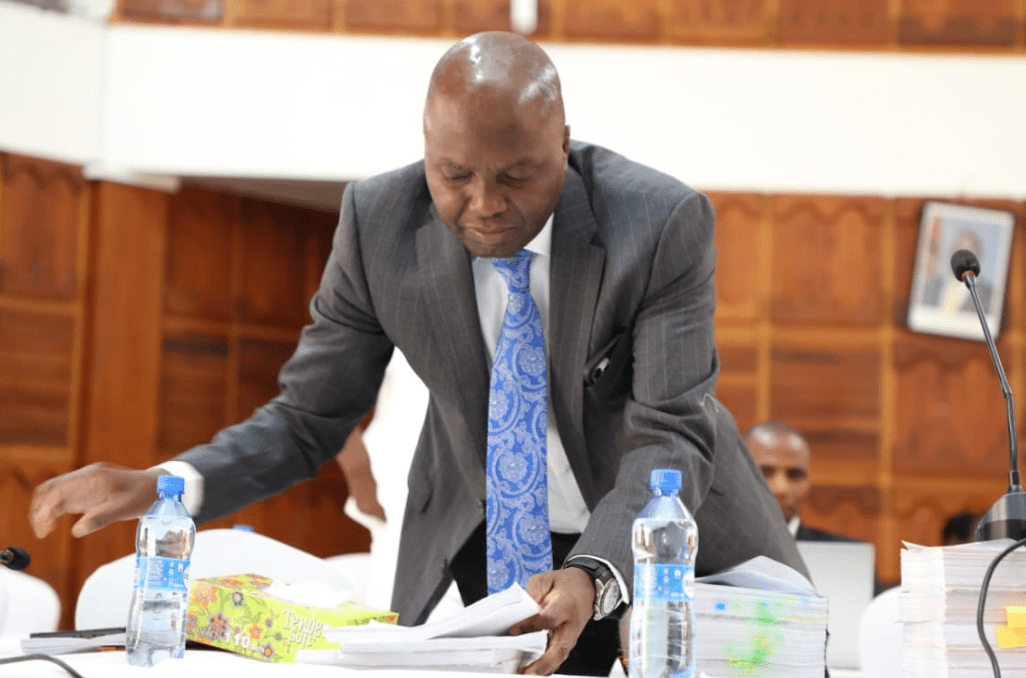
City lawyer Donald Kipkorir has criticised the Supreme Court and the High Court over the rulings made recently on the Finance Act 2023 and the Housing Levy Act, respectively.
In a recent ruling, the High Court said that the Housing Levy was properly enacted and in accordance with the Constitution, dismissing six petitions that were challenging the Affordable Housing Act.
On the other hand, the Supreme Court set aside the Court of Appeal’s ruling that had declared the Finance Act 2023 unconstitutional.
Both scenarios, Kipkorir argues, endanger the independence of the judiciary.
“Our Constitution gave original jurisdiction to the High Court and Supreme Court to interpret the Constitution in an ‘expansive and purposeful’ manner such that it gives living to the document. However, the recent Supreme Court decision on the Finance Act and the High Court decision on Housing Levy seem to be twin attacks on the spirit and intention of our Constitution,” Kipkorir said in a statement posted on his X handle on Wednesday, October 30, 2024.
The famous lawyer cited his colleagues – Nelson Havi, Abdullahi Ahmednassir, and Peter Wanyama, who have also come out to criticise the judiciary in recent times.
“If Ahmednasir, Havi, and Wanyama, three different lawyers with divergent juridical philosophies, reach the same conclusion about the Supreme Court, then maybe it is time the Supreme Court enters into self-introspection,” he added.
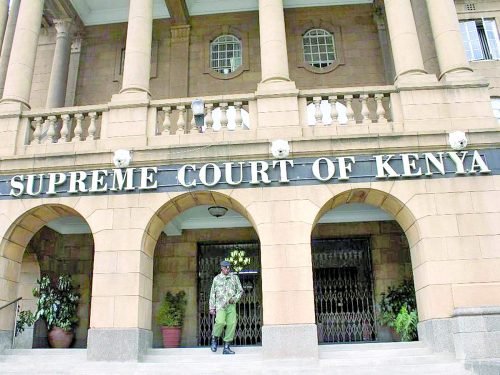
He said that the apex court can be forgiven if it errs because it is the youngest branch of the judiciary, but the High Court cannot afford to make a glaring mistake.
“Maybe we can excuse the Supreme Court because, as a young court, it may want to look for political attention! But the High Court? The Constitution gives the High Court unparalleled, unrivalled, and exclusive jurisdiction to protect the ‘public interest’,” he continued.
He says that if the courts keep giving rulings in favour of the state, it may facilitate the rise of an autocratic regime.
“When the High Court keeps shrinking the meaning of public participation, gives way to parliamentary autocracy, and raises the bar to question executive excesses, to whom then shall the ordinary Kenyan run?
“In the US, the courts keep expanding the freedom frontiers of the individual. The individual there is protected from government overreach and corporate abuse of dominance.
“In Kenya, our Supreme Court and High Court are working every day on protecting the expansive and intrusive powers of the state, protecting predatory corporations, and minimizing the rights of the individual. At this rate, our Supreme Court and High Court are going to erase the independence of the judiciary. Writing is on the Wall!” Kipkorir concluded.
The judiciary is also under immense limelight after impeached Deputy President Rigathi Gachagua chose to seek a career lifeline in the corridors of justice.


